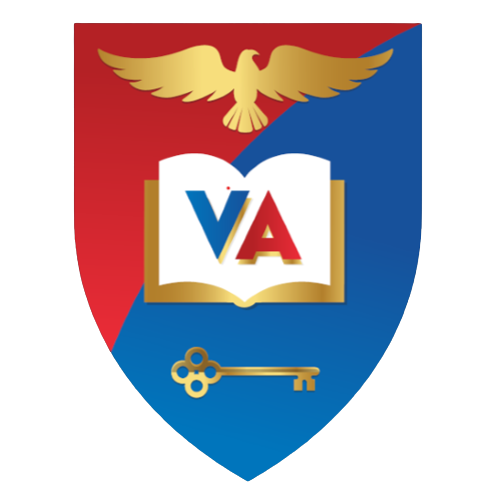The Corporate Game Based Learning Market is a dynamic and rapidly expanding ecosystem composed of a diverse array of companies, from specialized game development studios to large Learning Management System (LMS) providers. The market can be segmented in several ways, including by game type, deployment model, and industry vertical. Game types range from complex, high-fidelity simulations for technical training to simpler role-playing games for soft skills, assessment games for knowledge checks, and even augmented or virtual reality experiences for immersive learning. Deployment models are typically either on-premise, where the software is hosted on a company's own servers, or, more commonly, cloud-based (SaaS), which offers greater scalability and accessibility. This diverse landscape reflects the varied needs of modern organizations, which are seeking tailored solutions to address their unique training challenges, from onboarding new hires to upskilling senior leadership.
The competitive environment includes several distinct categories of players. There are pure-play game-based learning companies that specialize exclusively in creating bespoke or off-the-shelf learning games. These firms combine expertise in instructional design with game development talent to create highly effective training experiences. Another major group consists of established e-learning and LMS providers who are increasingly integrating game-based learning modules and gamification features into their broader platforms. This allows their corporate clients to incorporate game-based elements into their existing training curricula seamlessly. Finally, some large corporations with substantial training needs are even developing their own in-house game development teams to create highly customized simulations that are perfectly aligned with their specific operational processes and company culture, demonstrating a deep strategic commitment to this training methodology.
The adoption of game-based learning is spread across a wide range of industry verticals, each with its own specific use cases. The healthcare industry uses it for complex surgical simulations and procedural training. The financial services sector employs it for compliance and ethics training, using scenarios to teach employees how to handle complex regulatory issues. In retail, it is used to train customer service representatives on how to handle difficult customer interactions. Corporate Game Based Learning Market is Estimated to Grow a Valuation of USD 72.58 Billion by 2035, Reaching at a CAGR of 22.51% During the Forecast Period 2025 - 2035. The broad applicability of this training method across so many different sectors is a primary reason for this strong growth, as virtually every industry has a need for more engaging and effective workforce development, from manufacturing and logistics to technology and hospitality.
Ultimately, the market is defined by a shift in corporate mindset. Organizations are moving away from viewing training as a simple, one-time cost center and toward seeing it as a continuous, strategic investment in their human capital. The proven ability of game-based learning to increase employee engagement, improve knowledge retention, and drive better on-the-job performance makes it a highly attractive investment. As data analytics becomes more integrated with these platforms, companies can now measure the direct impact of their training on key business metrics, providing a clear ROI. This data-driven validation of its effectiveness is solidifying the position of game-based learning as an essential tool for building a skilled, motivated, and future-ready workforce.
Explore Our Latest Trending Reports:
Location Based Entertainment Market Size


